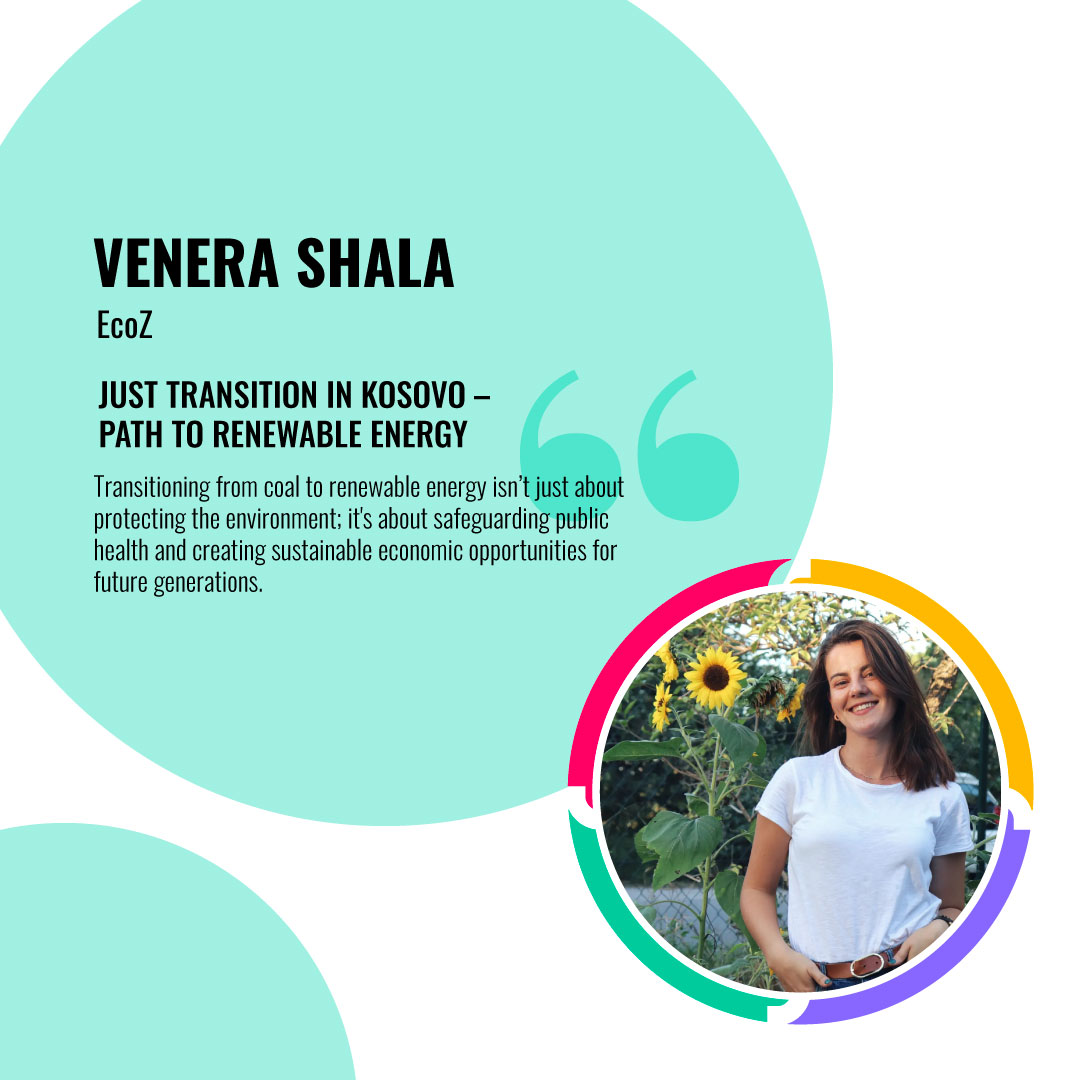Category: Blog Tags: #ENVIRONMENT
The environment serves as the sole habitat for all living beings, upon which they indisputably rely. Likewise, ecosystems have grown highly dependent on their inhabitants. Human activities have gradually emerged as significant sources of pollution, prompting governments to enact policies addressing these environmental and health concerns. Crises like climate change underscore the urgent need for a "just transition" and highlight the repercussions of its absence. Thus, it is clear that the world must transition towards a more sustainable and environmentally friendly path, guided by principles of justice. Environmental issues emerge in a global context and affect all communities and societies equally.
However, historically, marginalized groups have frequently been left behind during economic shifts that seek to tackle global issues. Communities continue to struggle with unemployment and financial instability due to the decline of industries such as coal mining, which have sustained economies for generations. Recognizing this, a “just transition” aims to fairly distribute the costs and benefits of environmental changes. Such a transition embraces the necessity for change by extending the transformation to all individuals dependent on rapidly evolving sectors. Given that large-scale changes entail numerous unfair consequences, a “just transition” strives to develop strategies that mitigate losses for all. Most importantly, it seeks to ensure fair treatment for those willing to embrace change for the improvement of society.
Given its status as a post-conflict and developing country, Kosovo faces the dilemma of choosing economic development over being pro-environment due to resource constraints. Nevertheless, Kosovo’s reliance on coal has been historically substantial in ensuring electricity and boosting economic progress, but it has significantly harmed the environment and public health.
Obilic is a lignite-rich area that has been subject to coal mining for decades, with operations in two power plants, "Kosova A" and "Kosova B," at the center of this process. This serves as a labor market for the community and nearby areas. Since these power plants were put into full operation, they have not received rigorous maintenance or technological upgrades, resulting in major operational issues. Additionally, the community has been affected not only by the mines’ expansion but also by health impacts, with many residents suffering from respiratory diseases or various forms of cancer.
According to the World Health Organization (WHO), there is a well-established link between environmental pollution and health damage. In Obilic’s municipality, rates of respiratory, cardiovascular, and cancer diseases are about 30 percent higher than in the surrounding region. Beyond health and well-being, residents consider the concept of “just transition” a threat to their workplace and economic well-being. It is necessary to ensure that those whose livelihoods depend on sectors like fossil fuel industries are not ignored but rather adjusted to fit emerging needs. In the case of Kosovo, a post-conflict country, issues of poverty, corruption, and poor institutional frameworks all demand undivided attention. Policymakers need to shift their approach to utilizing energy and environmental policies as solutions.
Studies and statistics by various international organizations reveal that Kosovo possesses significant technical potential for solar renewable energy, as well as hydropower and wind power. By harnessing these natural advantages, Kosovo can cultivate new labor markets, providing additional job opportunities that are innovative and sustainable for the country’s development.
By implementing the right framework and policymaking, a "just transition" would transform Obilic from a coal-mining "disaster" to an environmentally sustainable and economically thriving community. Kosovo needs to embrace a future characterized by sustainability, equity, and prosperity to adhere to global changes. Ensuring the welfare of present and future generations through a “just transition” is not only desirable but necessary.




